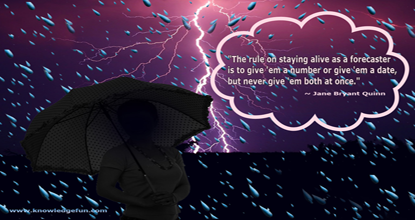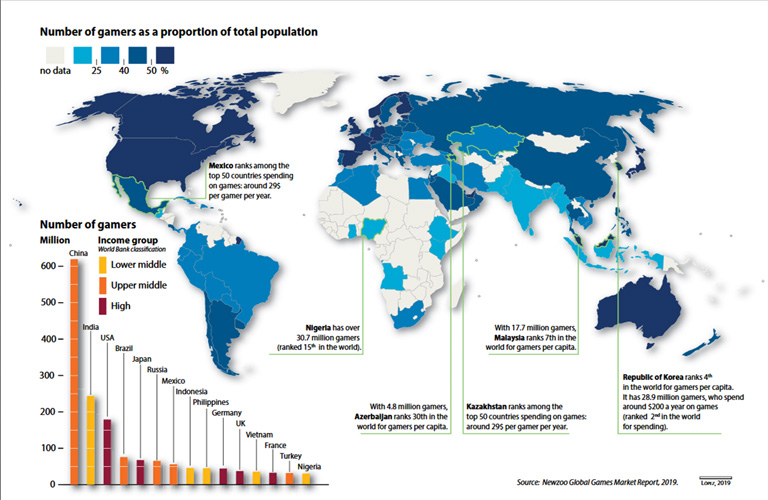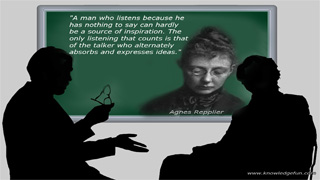The Science of Education & Educational Psychology
By William Henry Pyle
Owing to the importance which psychology has in the science of education, it will be well for us to make some inquiry into the nature of education. If the growth, development, and learning of children are all controlled and determined by definite causal factors, then a systematic statement of all these factors would constitute the science of education. In order to see clearly whether there is such a science, or whether there can be, let us inquire more definitely as to the kind of problems a science of education would be expected to solve.
There are four main questions which the science of education must solve:
1. What is the aim of education?
The first question is a sociological question, and it is not difficult to find the answer. We have but to inquire what the people wish their children to become. There is a pretty general agreement, at least in the same community, that children should be trained in a way that will make them socially efficient. Parents generally wish their children to become honest, truthful, sympathetic, and industrious. It should be the aim of education to accomplish this social ideal. It should be the aim of the home and the school to subject children to such influences as will enable them to make a living when grown and to do their proper share of work for the community and state, working always for better things, and having a sympathetic attitude toward neighbors. Education should also do what it can to make people able to enjoy the world and life to the fullest and highest extent. Some such aim of education as this is held by all our people.
2. What is the nature of education?
The second question is also answered. Psychological analysis reveals the fact that education is a process of becoming adjusted to the world. It is the process of acquiring the habits, knowledge, and ideals suited to the life we are to live. The child in being educated learns what the world is and how to act in it — how to act in all the various situations of life.
3. What is the nature of the child?
The third question — concerning the nature of the child — cannot be so briefly answered. In fact, it cannot be fully answered at the present time. We must know what the child's original nature is. This means that we must know the instincts and all the other inherited capacities and tendencies. We must know the laws of building up habits and of acquiring knowledge, the laws of retention and the laws of attention. These problems constitute the subject matter of educational psychology, and at present can be only partially solved. We have, however, a very respectable body of knowledge in this field, though it is by no means complete.
4. What are the most economical methods of changing the child from what it is into what it ought to be?
The answer to the fourth question is in part dependent upon the progress in answering the third. Economical methods of training children must be dependent upon the nature of children. But in actual practice, we are trying to find out the best procedure of doing each single thing in school work; we are trying to find out by experimentation. The proper way to teach children to read, to spell, to write, etc., must be determined in each case by independent investigation, until our knowledge of the child becomes sufficient for us to infer from general laws of procedure what the procedure in a particular case should be. We venture to infer what ought to be done in some cases, but generally we feel insecure till we have proved our inference correct by trying out different methods and measuring the results.
Education will not be fully scientific till we have definite knowledge to guide us at every step. What should we teach? When should we teach it? How should we teach it? How poorly we answer these questions at the present time! How inefficient and uneconomical our schools, because we cannot fully answer them! But they are answerable. We can answer them in part now, and we know how to find out the answer in full. It is just a matter of patient and extensive investigation. We must say, then, that we have only the beginnings of a science of education. The problems which a science of education must solve are almost wholly psychological problems. They could not be solved till we had a science of psychology. Experimental psychology is but a half century old; educational psychology, less than a quarter century old. In the field of education, the science of psychology may expect to make its most important practical contribution. Let us, then, consider very briefly the problems of educational psychology.








